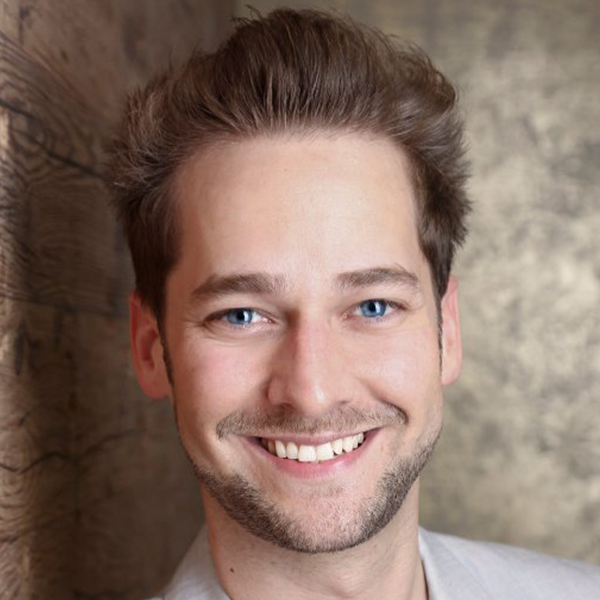Dr. Jermain Kaminski, is Assistant Professor in Entrepreneurship at the School of Business and Economics, Maastricht University. Jermain’s research focuses on theoretical implications of artificial intelligence and applied machine learning in the field of innovation and entrepreneurship. He collected co-founder experiences in in Cambridge and San Francisco with his startup moviegalaxies.com, a website visualizing character interaction networks in movies. He further conducted research at the MIT Center for Collective Intelligence, MIT Media Lab’s Macro Connections Group, and finished his PhD in RWTH Aachen’s Technology Entrepreneurship Group. In 2014/2015, he served as a data analyst for a major German soccer team.
I was attracted to Maastricht University because of its international nature. I especially like the hands-on style of teaching here, and for me it resembles the American teaching style more than what one finds more often in Europe. MU does a great deal of cross-disciplinary work. More than half of my students come the natural sciences – biology, chemistry, mathematics, physics, neuroscience. I think that’s a great way to learn about entrepreneurship both for the students and for myself.
I believes it is important that his students know they are capable of starting their own companies. They learn why some start-ups are more successful than others, using recent cases from Maastricht to California. They also need to understand why it works better to have a well-balanced team to start a company. Innovation equals invention multiplied by commercialisation. If you don’t bring an idea to the market, it will only remain an idea.
I believe in the importance of teaching and helping non-business students – in working for everyone at the university. It is rare for business people to start successful enterprises on their own. The majority of good start-ups have a technical founder or co-founder. Connecting a varied set of students is a central element of the Maastricht Centre for Entrepreneurship (MC4E).
As part of the MBA Programme, I will teach a session on recent trends in Machine Learning and their implications for business. As I sees it, knowledge of new computational methods will be crucial to the way people set and understand new businesses. The students are getting three streams – entrepreneurship, innovation, and machine learning. Whether we like it or not, machine learning and artificial intelligence are becoming a standard part of every workspace. One of the most important things business people can learn is how to translate technical concepts into plain language.
In May, I will start teaching Machine Learning as part of the MBA Programme. As I see it, this knowledge will be crucial to the way people set new businesses. Outside the programme, Jermain will teach in the MSc Programme an Introduction into Technology Entrepreneurship for the Maastricht Science Programme (MSP) at the SBE in the next semester.


website verbeteren | website optimaliseren | optimalisatie | analyse | woorank specialist | woorank expert-2 | website maken weert | website maken valkenburg | website maken urmond | website maken tongeren | website maken stein | website maken sittard | website maken roermond | website maken meerssen | website maken margraten | website maken maastricht | website maken limburg | website maken lanaken | website maken heerlen | website maken hasselt | website maken gulpen | website maken geleen | website maken elsloo | website maken eijsden | website maken cadier en keer | website maken born | website maken beek | website laten maken maastricht | website laten bouwen maastricht | webdesigner maastricht | webdesign valkenburg | webdesign sittard | webdesign meerssen | webdesign mestreech | webdesign maastricht | webdesign limburg | webdesign lanaken | webdesign heerlen | webdesign gulpen | webdesign geleen | webdesign eijsden | webdesign bureau maastricht | webdesign beek | webdesign | seo valkenburg | seo utrecht | seo specialist | seo sittard | seo rotterdam | seo meerssen | seo maastricht | seo maastricht | webdesign limburg | seo limburg | seo lanaken | seo heerlen | seo gulpen | seo geleen | seo expert | seo eindhoven | seo eijsden | seo denhaag | seo beek | seo amsterdam | portfolio webdesign en seo optimalisatie | online marketing bureau maastricht | onderhoudwebsite | nieuwe website maastricht | gratis seo rapport | gratis dashboard | google specialist | google partner maastricht | google optimalisatie maastricht | google ads | google adwords maastricht | google adwords | google adverteren | google advertenties|